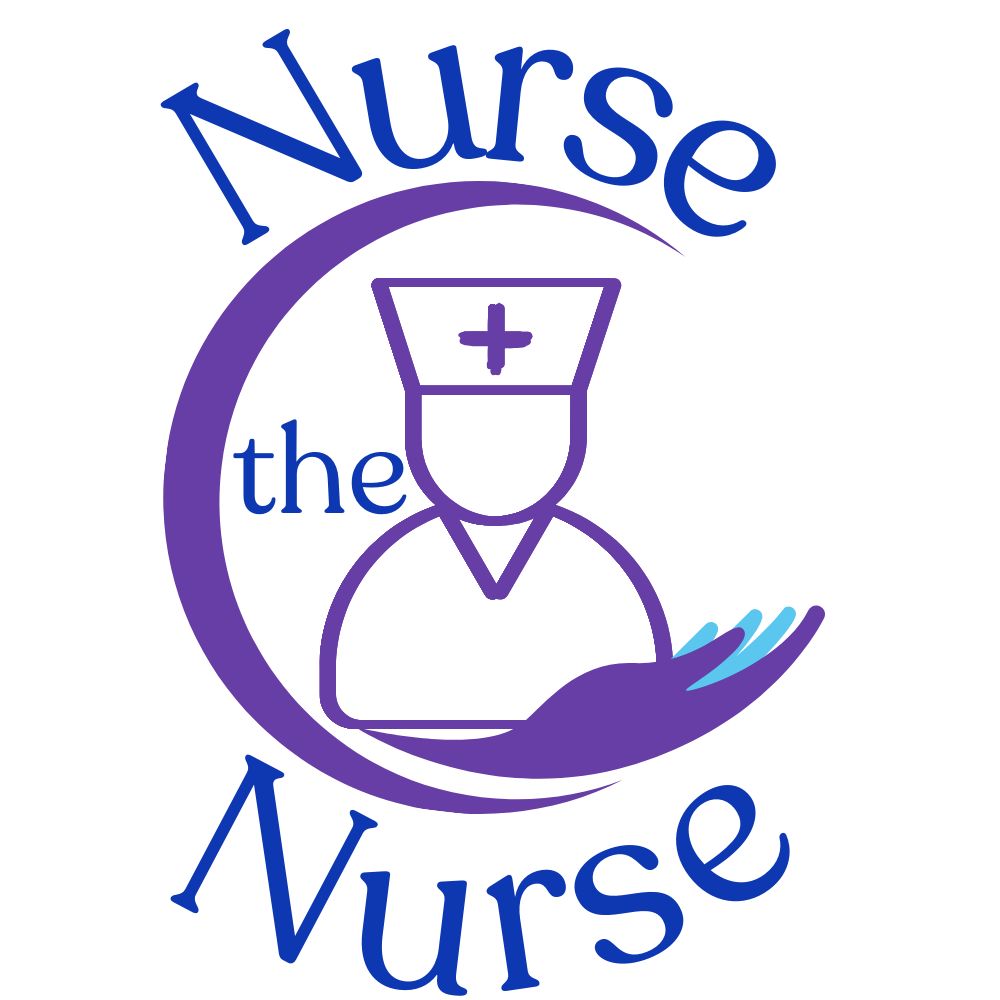Veracity in Nursing
Veracity in nursing goes beyond simply telling the truth. It involves a deep commitment to honesty in all aspects of patient care and interactions.

Upholding the Truth for Patient Well-being
Nursing is a profession that embodies the essence of care, compassion, and ethical practice. Among the core values that underpin the nursing profession, veracity stands out as a fundamental principle. Veracity, or the commitment to truthfulness, is crucial in fostering trust, making informed decisions, and ensuring the integrity of patient care. This article delves into the significance of veracity in nursing, exploring its implications and how it shapes the patient-nurse relationship.
Key Takeaways:
- Understanding the importance of veracity in nursing and its impact on patient care.
- Strategies for nurses to maintain truthfulness in their practice.
- The role of veracity in ethical decision-making and building trust with patients.
The 7 Basic Ethical Principles of Nursing
The ethical framework of nursing is built upon seven fundamental principles that guide nurses in their daily practice. Some sources cite only the first four, but many include all seven. These principles ensure that nurses provide care that is ethical, patient-centered, and professional.
- Justice: Justice in nursing means treating patients fairly and equitably. It involves the fair distribution of resources, respect for patients' rights, and impartiality in care.
- Autonomy: Autonomy respects the right of patients to make their own healthcare decisions. Nurses uphold this principle by providing all the necessary information to patients and supporting their informed choices.
- Beneficence: Beneficence requires nurses to contribute to the well-being and health of patients. It involves taking actions that are in the best interest of the patient and actively promoting good.
- Nonmaleficence: Nonmaleficence is the commitment to do no harm. Nurses must protect their patients from harm and ensure that interventions do not cause unnecessary suffering or injury.
- Accountability: This principle obligates nurses to be responsible for their actions, decisions, and the outcomes of their care. It also involves being answerable to oneself, the patient, and the healthcare organization.
- Fidelity: Fidelity refers to the principle of keeping one's promises or commitments. In nursing, this means maintaining the trust of patients by providing care that is consistent with what has been promised or agreed upon.
- Veracity: Veracity stands for truthfulness. Nurses must be honest and provide accurate information to patients, allowing for informed consent and ethical decision-making.
The Essence of Veracity in Nursing Practice
Veracity in nursing goes beyond simply telling the truth. It involves a deep commitment to honesty in all aspects of patient care and interactions. Nurses are often faced with complex situations where veracity plays a critical role in decision-making and providing support to patients and their families. Upholding the truth is not just a moral obligation but a professional one that can have profound effects on the outcomes of care.
In the realm of healthcare, the implications of veracity are far-reaching. It affects how diagnoses are communicated, how treatment options are discussed, and how nurses advocate for their patients. A nurse's dedication to truthfulness is a cornerstone of the trust that patients place in their caregivers. This trust is essential for an effective nurse-patient relationship, which in turn, can lead to better health outcomes.

The Impact of Veracity on Patient Trust
Trust is a vital component of the therapeutic relationship between nurses and their patients. When nurses consistently demonstrate veracity, they lay the foundation for a strong, trusting relationship. Patients who trust their nurses are more likely to be open about their symptoms, concerns, and preferences, which enables nurses to provide more personalized and effective care.
Moreover, the assurance that comes from knowing their healthcare providers are committed to honesty can alleviate patient anxiety, especially in uncertain or critical health situations. By maintaining a transparent approach, nurses can help patients navigate the complexities of healthcare decisions with greater confidence and peace of mind.
Veracity and Informed Consent
One of the most critical applications of veracity in nursing is in the process of obtaining informed consent. Nurses must ensure that patients are fully aware of the nature of their condition, the proposed treatments, and any potential risks or benefits. This information must be conveyed in a manner that is both comprehensive and comprehensible to the patient.
The principle of veracity demands that nurses avoid withholding information, even if it is believed that the truth might cause distress. It is through honest and clear communication that patients can make truly informed decisions about their healthcare, exercising their autonomy and rights.

Ethical Dilemmas and Upholding Veracity
Nurses frequently encounter ethical dilemmas where veracity is tested. Situations may arise where there is a temptation to withhold information or to be less than forthcoming in order to protect a patient's feelings or to comply with a family's wishes. However, it is in these challenging moments that the commitment to veracity becomes most crucial.
By adhering to ethical guidelines and seeking the support of ethics committees when needed, nurses can navigate these dilemmas while maintaining their commitment to truthfulness. It is through this steadfast adherence to veracity that nurses can uphold the integrity of their profession and the trust of those they serve.
Veracity in Interdisciplinary Teams
Nursing does not occur in isolation; it is part of a larger interdisciplinary team working towards the common goal of patient well-being. Veracity is equally important in interactions with colleagues as it is with patients. Clear and honest communication among healthcare professionals is essential for coordinating care, avoiding errors, and ensuring that all team members are working with the same understanding of a patient's situation.
When nurses bring veracity into their collaborations with other healthcare providers, they contribute to a culture of openness and accountability. This culture supports better patient outcomes and a more cohesive healthcare environment.

The Role of Education in Fostering Veracity
The foundation for a nurse's commitment to veracity is often laid during their education and training. Nursing programs must emphasize the importance of truthfulness and integrity, equipping future nurses with the skills and understanding necessary to navigate the ethical complexities of healthcare.
Continuing education and professional development also play a crucial role in reinforcing the value of veracity. By staying informed about the latest ethical guidelines and best practices, nurses can continue to cultivate a practice rooted in honesty and transparency.
Veracity and Cultural Sensitivity
In an increasingly diverse society, nurses must be able to apply the principle of veracity while also being culturally sensitive. Different cultures may have varying perceptions of truth-telling and disclosure, especially in the context of illness and healthcare. Nurses must navigate these cultural nuances with care, ensuring that they respect patients' cultural values while still upholding the principle of truthfulness.
This balance requires a deep understanding of cultural differences and a commitment to patient-centered care. By engaging with patients and their families, nurses can find ways to honor both their professional obligations and the cultural needs of those they serve.
Technology and Veracity in Nursing
The rise of technology in healthcare presents new challenges and opportunities for maintaining veracity. Electronic health records (EHRs), telehealth, and other digital tools can enhance the accuracy and accessibility of patient information. However, they also require vigilance to ensure that the information is kept up-to-date and that privacy is protected.
Nurses must be adept at using these technologies while remaining committed to the ethical standards of their profession. By doing so, they can leverage these tools to support truthful and transparent care.
Veracity in Nursing Leadership
Nurse leaders have a unique responsibility to model and promote veracity within their organizations. They set the tone for ethical practice and can influence the culture of their teams and institutions. By prioritizing truthfulness in their own actions and encouraging it in others, nurse leaders can foster an environment where veracity is valued and upheld.
Leadership in nursing is not just about managing resources or coordinating care; it is also about embodying the values that define the profession. Veracity is one such value that nurse leaders must champion at every level.

Legal Implications of Veracity in Nursing
Veracity has legal implications in nursing practice as well. Accurate documentation, truthful reporting of incidents, and honest communication with patients and their families can have significant legal consequences. Nurses must be aware of the legal standards that govern their practice and the potential repercussions of failing to maintain veracity.
By understanding and adhering to these legal requirements, nurses can protect themselves, their patients, and their employers from legal risks associated with dishonesty or misrepresentation.
Summary
Veracity in nursing is a pillar of ethical practice that upholds the dignity and rights of patients. It fosters trust, supports informed decision-making, and is essential for effective patient care. Nurses must navigate ethical dilemmas, cultural sensitivities, and technological advancements while maintaining their commitment to truthfulness. Through education, leadership, and a deep understanding of the legal and ethical frameworks that guide their profession, nurses can ensure that veracity remains at the heart of their practice.
FAQ Section
Q1: Why is veracity important in nursing? A1: Veracity is important in nursing because it builds trust between patients and nurses, facilitates informed consent, and ensures ethical decision-making. It is essential for the integrity of patient care and the nursing profession as a whole.
Q2: How can nurses maintain veracity in challenging situations? A2: Nurses can maintain veracity by adhering to ethical guidelines, seeking guidance from ethics committees, and engaging in open communication with patients, families, and colleagues. Continuing education and professional development also support nurses in upholding truthfulness in their practice.
Q3: What are the legal implications of veracity in nursing? A3: The legal implications of veracity in nursing include the need for accurate documentation, truthful incident reporting, and honest communication. Failure to maintain veracity can lead to legal consequences for nurses, including litigation and damage to professional reputation.
